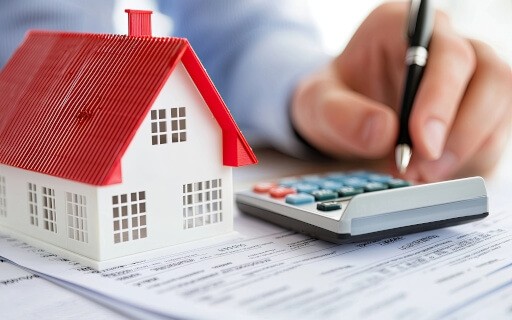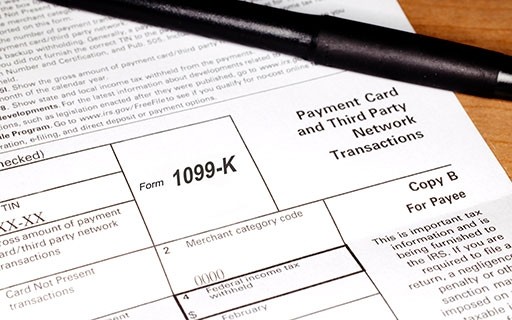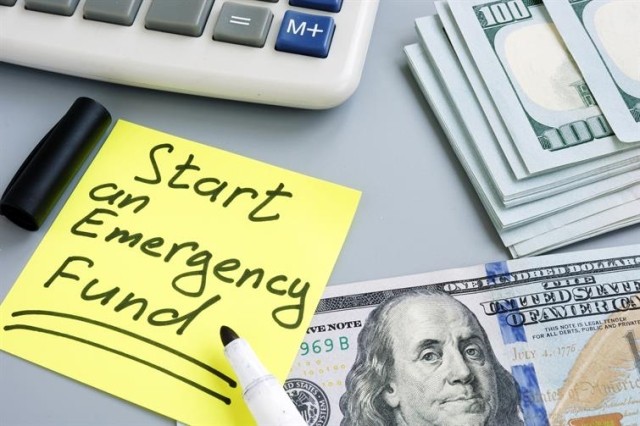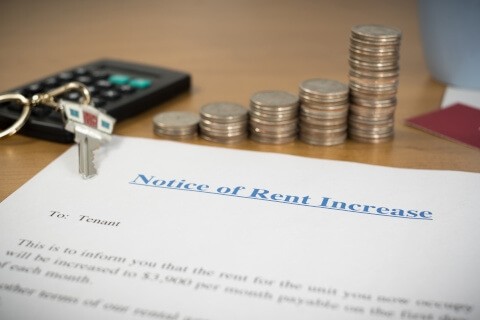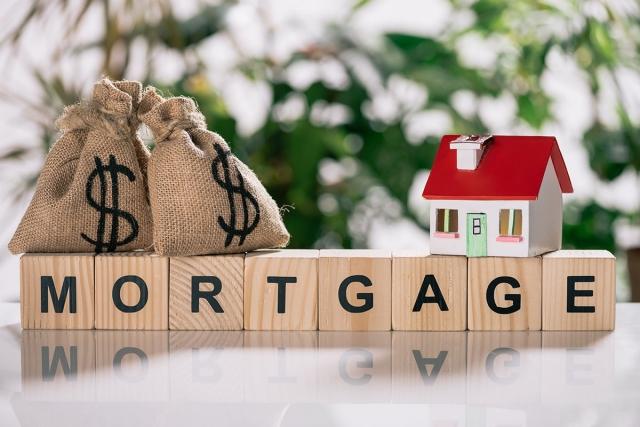
Whether you’re interested in becoming a landlord or already have years of experience under your belt, being aware of mortgage rates is always important. It allows you to make informed financial decisions, forecast your long-term returns, and manage your property’s finances with confidence.
Depending on which mortgage you chose, your interest rate could \ change. An adjustable-rate mortgage (ARM) changes based on market conditions, while a fixed-rate mortgage (FRM) maintains the same rate for the entire loan term. However, you still need to be aware of how changing mortgage rates can impact you even if yours stays the same.
Key Takeaways
- A higher mortgage rate significantly reduces rental ROI by increasing monthly payments and cutting into cash flow; even small rate increases can shift investment profitability.
- Rental properties often face stricter loan terms and higher rates than primary residences, making strategic loan selection, refinancing, or larger down payments essential to preserve returns.
Why Mortgage Rates Matter for Rental ROI
The mortgage rate has a big impact on your property’s ROI. When you input the interest rate into an ROI calculator, you’ll notice that the higher the rate, the lower the ROI. This reduces your net income and long-term returns on your rental.
By keeping track of the current rates, you can make an informed decision whether it’s the right time to buy a rental property or not. Even if you already own a rental, staying current with the rates allows you to make wise choices about managing your property and its finances.
What Mortgage Rates Affect
Mortgage interest rates affect more than just your monthly mortgage payment. Understanding how it interacts with your finances helps you purchase the right property and create a plan to make a profit.
Monthly mortgage payments
When mortgage rates climb, so do your monthly payments, which could eat into your ROI.
Cash flow
Cash flow is one of the key metrics of calculating your rental income. It’s your profit; the money you earn after subtracting any expenses. Part of those expenses is the mortgage. A higher mortgage rate means higher monthly costs, equaling less cash flow. On the flip side, a lower mortgage rate lets you keep more of the income as profit or redistribute it to other expenses.
Purchasing costs
Purchasing a rental property is not cheap. Because lenders view rentals as higher-risk investments, they usually charge higher mortgage rates and offer stricter loan terms. That’s why investing when rates are high can be tricky. You might find less competition, but your financing costs could still outweigh the deal.
Rent prices
Profit is part of what makes a rental property successful and setting the right rent is key. The amount you charge has to be competitive in the market while still generating positive cash flow.
When mortgage rates rise, your costs go up too. You might want to charge more rent to balance it out, but the market doesn’t always cooperate. That’s why you need to carefully factor your mortgage rate into your strategy from the start.
The rental market
Mortgage rates shape more than just your rental finances and investment; they can affect the entire market. When rates rise, fewer people can afford to buy, leading to an increase in renter demand. That often gives property owners room to raise rent and enjoy stronger returns. When rates fall, buying becomes more attractive, and rental demand, as well as prices, may soften.
See How Your Mortgage Rate Affects Your ROI
To see exactly how your mortgage rate impacts your ROI, use the Rental Property Calculator on Apartments.com. You can input your mortgage rate into the interest rate box and see how it impacts each ROI metric over the course of time. Try inputting the different rates you have gathered from your research to see what might be best for you.
How to Deal with High Mortgage Rates
Before buying a rental, you need to understand the full financing picture, not just the purchase price. An easy way to do this is with an investment mortgage calculator that estimates your monthly payments based on your loan amount, interest rate, down payment, and loan terms.
After crunching the numbers, if they’re still too high because of the mortgage rate, try out some of these strategies.
Pick your mortgage loan carefully
There are many options when it comes to financing a rental property, but be aware that loans for investment properties usually don’t have as favorable conditions as those for primary residences. Lenders often charge higher interest rates, require larger down payments, and set stricter qualifications. Still, with the right approach, you can find a loan that fits your goals.
Consider the type of mortgage, loan term, and interest rate type to find one that will work for you. Don’t be afraid to shop around a bit so you know all your options.
Consider refinancing
When mortgage rates drop, refinancing can lower your monthly payment and free up more cash for savings or reinvestment.
Adjust rent strategically
You can adjust the rent price to offset the challenge of a higher mortgage. Just be careful that it isn’t too high; it should still be in line with what is typical for similar properties in your area.
Improve property value to boost rent
While you can’t typically raise rent above the rental market value of your property, there are ways you can justify the increase: by renovating or improving your property. While renovations can get pricey, there are plenty of budget-friendly upgrades you can make that can increase your rental income.
Pay more for the down payment
A bigger down payment lowers the risk for lenders. They usually appreciate this and may offer more favorable conditions, like a lower mortgage rate.
Improve your credit score
Your credit score is a major indicator of your trustworthiness to lenders. A good credit score can score you better loan conditions, from lower mortgage rates to smaller down payments.
Wait for the market to improve
If you’re getting ready to buy a rental for the first time but find the high mortgage rate off-putting, then it might be best to wait until the market improves. But if you’ve found the perfect property and don’t want to miss the opportunity, you can still take the next step. Know what you are getting into and try the other listed strategies to deal with a high mortgage rate.
FAQ
What is a mortgage rate?
A mortgage rate is the interest charged by a lender on a home loan. It’s expressed as a percentage of the loan amount and determines how much you’ll pay in interest over time.
How do I check the current mortgage rates?
You can find the current mortgage rates by visiting federal and financial agency websites, such as the Federal Reserve or Freddie Mac. Lenders and banks also post their current rates on their official websites, but always verify the source and look for government-backed or educational data for accuracy.
The information in this article is provided for general educational purposes and should not be interpreted as financial advice. Before making any investment or financing decisions, consult a licensed financial advisor or qualified professional who can assess your specific situation.


